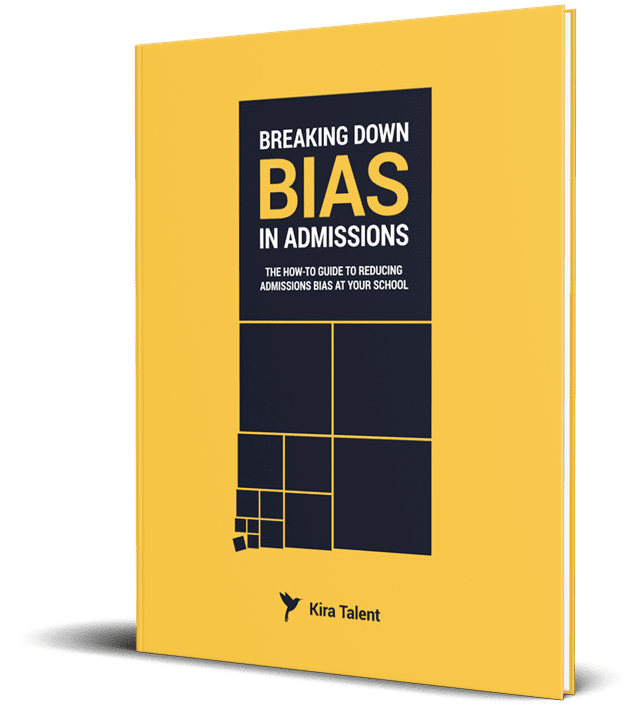There is more and more content online than ever before. But, for many of us, there is still nothing that beats a great book.
Whether you prefer an eBook or the hard copy if you’re looking to really hone in a topic for 2019, here are the books we recommend adding to your admissions bookshelf for the new year!
Gifting for a colleague, friend, or partner in higher education? We hope this list of recommendations can help you out as well!
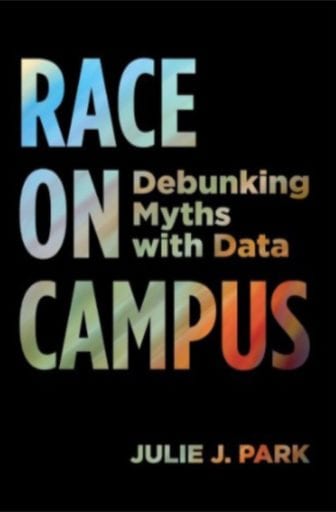 Race on Campus: Debunking Myths with Data
Race on Campus: Debunking Myths with Data
by Julie J. Park
With diversity, race, and affirmative action certainly being key themes in the U.S. this past year, pick up a copy of Julie J. Park’s new book to get a rigorous, empirical look at the reality of race on campus.
“Park cuts through the many false narratives around affirmative action, presenting accessible, evidence-based arguments for why race still matters in higher education. A must-read for anyone interested in better understanding how race does, and more importantly does not, play out before and after students arrive to selective college campuses.”
— Lorelle Espinosa, assistant vice president, American Council on Education
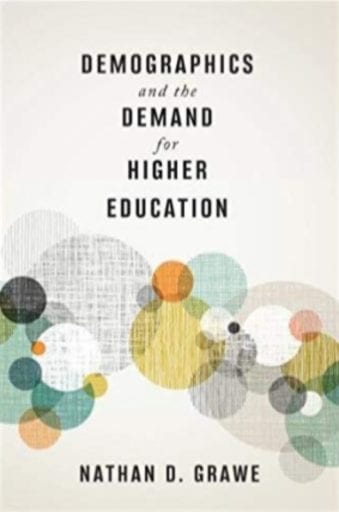 Demographics and the Demand for Higher Education
Demographics and the Demand for Higher Education
by Nathan D. Grawe
From 2021 to 2026, the number of traditionally college-aged students will drop almost 15 percent. Yet, the demand for “elite colleges” is expected to only continue to grow. Described as “a practical guide for navigating coming enrollment challenges,” Demographics and the Demand for Higher Education analyzes demographic variables to provide forecasts for two-year colleges, elite institutions, and everything in between.
"Numbers and statistics aren’t always what they seem. Nathan Grawe provides a readable and insightful look at the sweeping demographic change occurring in America and what it means for different types of colleges. Demographics and the Demand for Higher Education is an important read for college leaders and policy makers alike." — Jon McGee, author of Breakpoint: The Changing Marketplace for Higher Education
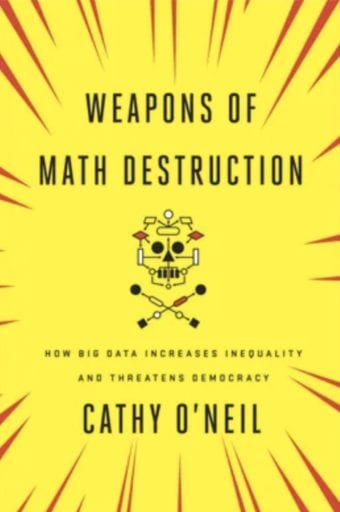 Weapons of Math Destruction: How Big Data Increases Inequality and Threatens Democracy
Weapons of Math Destruction: How Big Data Increases Inequality and Threatens Democracy
by Cathy O’Neill
Machine Learning. AI. Data-driven everything. New intelligent technologies present a compelling resource to make faster and better decisions, but as Cathy O’Neill writes, they also threaten to introduce new biases and inequalities in our processes. This book is highly relevant to folks across education who will be deciding upon or developing new technologies and systems, in fact, O’Neill just spoke to North American graduate deans at the 2018 Council of Graduate Schools Annual Meeting in December.
“O’Neil is an ideal person to write this book. She is an academic mathematician turned Wall Street quant turned data scientist who has been involved in Occupy Wall Street and recently started an algorithmic auditing company. She is one of the strongest voices speaking out for limiting the ways we allow algorithms to influence our lives… While Weapons of Math Destruction is full of hard truths and grim statistics, it is also accessible and even entertaining. O’Neil’s writing is direct and easy to read—I devoured it in an afternoon.” — Scientific American
by Ajay Agrawal, Joshua Gans and Avi Goldfarb
In conjunction with our above recommendation, Weapons of Math Destruction, Prediction Machines is not about higher education at all. Instead, it provides an actionable and approachable guide to how artificial intelligence works. Inside Higher Ed recommends Prediction Machines as a place to start a “campuswide AI discussion,” so it seemed perfect for this list.
"Prediction Machines achieves a feat as welcome as it is unique: a crisp, readable survey of where artificial intelligence is taking us separates hype from reality, while delivering a steady stream of fresh insights. It speaks in a language that top executives and policy makers will understand. Every leader needs to read this book." – Dominic Barton, Global Managing Partner, McKinsey & Company
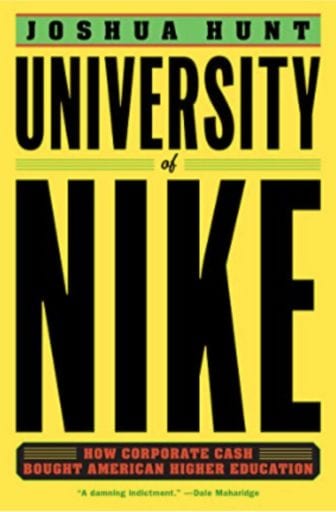 University of Nike: How Corporate Cash Bought American Higher Education
University of Nike: How Corporate Cash Bought American Higher Education
by Joshua Hunt
Joshua Hunt’s book dives into the University of Oregon, which has collected more than half a billion dollars in donations from Nike founder Phil Knight, and how donor cash has influenced and shaped the decisions, actions, and, arguably the mission, of the public institution.
“In this fascinating, candid tale, Hunt exposes Nike’s astonishing transformation of the University of Oregon into a modern American university — in other words, a power center of education, wealth, and college football unlike other institutions of learning across the globe.” — Vanessa Grigoriadis, author of Blurred Lines: Rethinking Sex, Power, and Consent
by Jerry Z. Muller
Jerry Muller showcases the dangers of focusing on metrics and quantifying performance rather than actually evaluating the content students learn in a meaningful way. The book focuses on four areas (education, medicine, business, and government), to provide a relevant wake-up call about relying too heavily on metrics like selectivity or averages on standardized test scores.
"In this clear and compelling book, Jerry Muller shows how our attempts to improve organizational outcomes through quantitative measures have metastasized into a culture of gaming and manipulation. Through carefully researched case studies on education, healthcare, and compensation, The Tyranny of Metrics makes a convincing case that we need to restore judgment and ethical considerations at a time when shallow quantification threatens the integrity of our most important institutions." — Rakesh Khurana, Harvard Business School
by Greg Lukianoff and Jonathan Haidt
Following the success of their 2015 The Atlantic cover story of the same title, The Coddling of the American Mind expands on Lukianoff and Haidt’s exploration of the
Analyzing a culmination of trends in today’s media environment, parenting, childhood education, and social media that has made campuses increasingly volatile places and that threaten to damage scholarship and the quality of American universities.
“A disturbing and comprehensive analysis of recent campus trends… Lukianoff and Haidt notice something unprecedented and frightening… The consequences of a generation unable or disinclined to engage with ideas that make them uncomfortable are dire for society, and open the door – accessible from both the left and the right – to various forms of authoritarianism.”
— Thomas Chatterton Williams, The New York Times Book Review


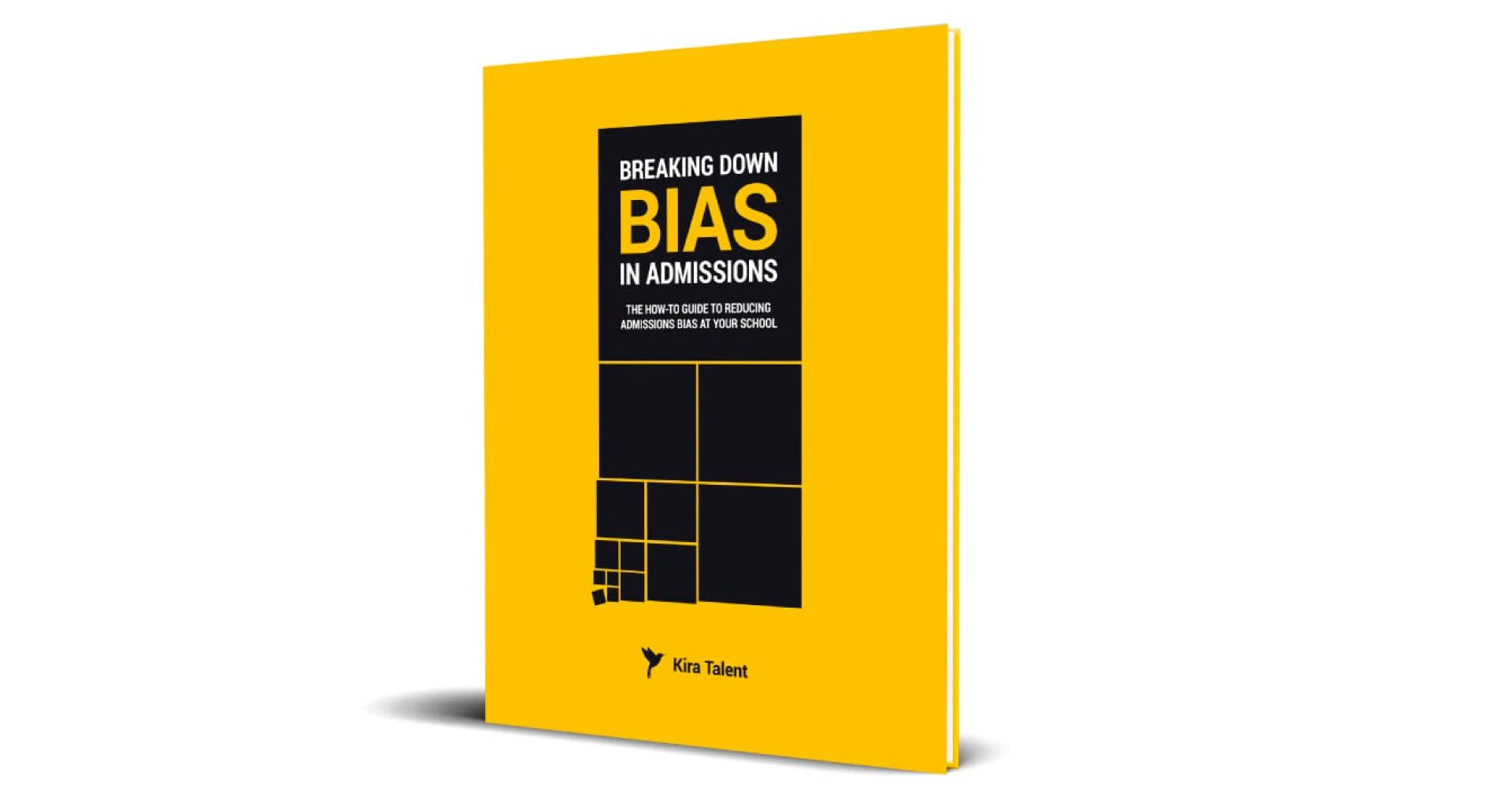
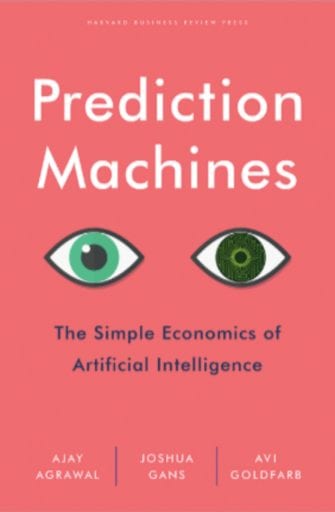 Prediction Machines
Prediction Machines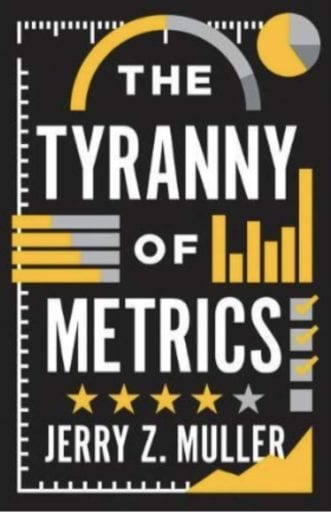 The Tyranny of Metrics
The Tyranny of Metrics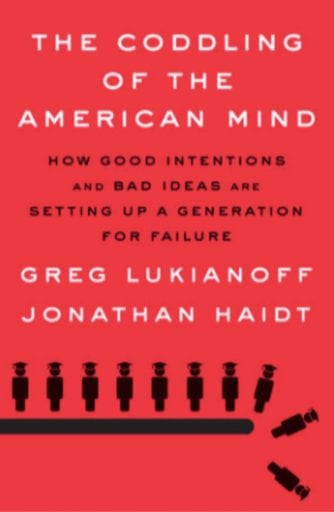 The Coddling of the American Mind: How Good Intentions and Bad Ideas Are Setting Up a Generation for Failure
The Coddling of the American Mind: How Good Intentions and Bad Ideas Are Setting Up a Generation for Failure